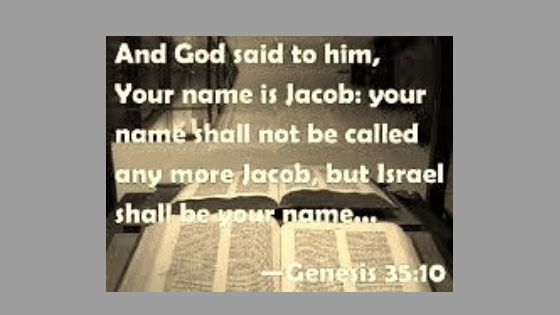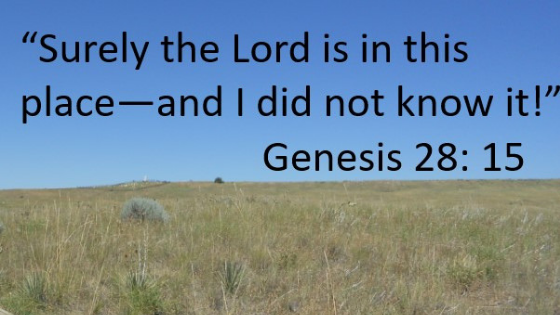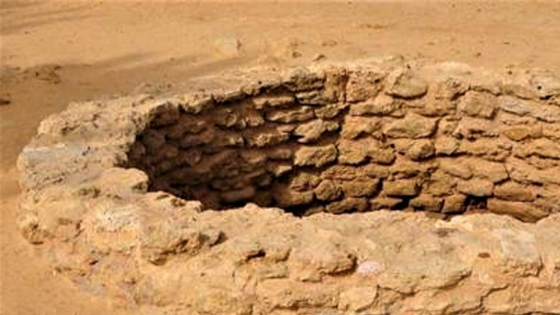
Shabbat Table Talk
Parashat Noach 21st October 2017
Week of 15-21 October 2017
Torah portion: Gen 6:9-11:32; Haftarah: Isa 66:1-24
The Tower of Babel story in this week’s portion is short, but well-known. Humanity unites to “build a city and tower with its top in the sky, to make a name for ourselves” (Gen 11:4). Seeing this, God divides them and scatters them by dividing and scattering their language.
Plaut suggests three interpretations of the transgression committed here. First, this was an attempt to reach the heavens and displace God. Just as the first humans reached out to take the fruit in Gen 3, so too do men “exhibit excessive arrogance” in making a name for themselves in self-exaltation. On the other hand, focusing their gaze on the heavens can be seen as a sign of anxiety rather than arrogance, looking to their own agenda, but then forgetting God’s. Here, humanity seems to escape God’s command to have dominion over [all] the earth (Gen 1:28) and to till the garden and tend it (Gen 2:15). Third, the city of Babel can symbolize all corrupt empire-building that results only in oppression and marginalization. God’s decision to scatter and confuse humanity via the confusion of language is therefore a safeguard against further evils, for “if, as one people with one language for all, this is how they have begun to act, then nothing they may propose to do will be out of their reach” (Gen 11:6).
Reflecting on our world today, it would seem that this goal has been achieved. We are now plagued by the confusion of language. The issue of freedom of speech is being challenged by the proliferation of violence through hate speech. Political rivals are unafraid of throwing accusations and allegations against each other – with no shame admitting that these are all made-up. Lies are constantly fed to the public with the proliferation of fake news and poor journalism. Confusion abounds more and more in the realms of social media.
Carol Ochs, however, points out in The Torah: A Commentary, that God’s intention was to undermine humanity’s capacity to use language insofar as it was used in a destructive fashion. Language must actually be used for the opposite: to repair relationships, instruct others, forgive, and bless [Ochs].
We can see this in the other story in this week’s portion, the story of Noah and the flood (Gen 9-10). In contrast to the Babel story of scattering, we are presented with God using language to instruct Noah to gather and to save. God’s words include detailed blueprints for the ark and detailed instructions of gathering his sons, his wife, his son’s wives, and animals, two of every kind, clean and unclean (Gen 6:14-21). Words here are used also to unify and take on a seemingly impossible task, just as in the Babel story. The difference, however, is that the goal here is aligned with what God ultimately wants.
In this time of confusion of language, constantly used to divide and scatter, God’s words in the haftarah ring out: “I am coming to gather all nations and tongues; and they shall come and see my glory” (Isa 66:18). Remembering the words of God – the Word of God in Torah and the Word of God in Jesus Christ – must serve as a reminder of the proper use of language to unify and gather all of God’s creation.
For Reflection and Discussion: [1] Have I been using language to scatter or to gather? [2] How can my own words better reflect the Word of God?
Bibliography: Plaut (ed.), The Torah: A Modern Commentary (New York, 2005); Eskanazi (ed.), The Torah: A Women’s Commentary (New York: 2008).
This week’s teaching commentary was prepared by
Javier Miguel A. Galvez, PhD student, Ateneo de Manila University, Philippines
Bat Kol 2017
Email: jgalvez@ateneo.edu
Copyright 2017
…….……………………………………………
PLEASE NOTE: The weekly Parashah commentaries represent the research and creative thought of their authors, and are meant to stimulate deeper thinking about the meaning of the Scriptures. While they draw upon the study methods and sources employed by the Bat Kol Institute, the views and conclusions expressed in these commentaries are solely those of their authors, and do not necessarily represent the views of Bat Kol. The commentaries, along with all materials published on the Bat Kol website, are copyrighted by the writers, and are made available for personal and group study, and local church purposes. Permission needed for other purposes. Questions, comments and feedback are always welcome
…………………………………………………..
Bat Kol Institute for Jewish Studies, Jerusalem
1983-2017
“Christians Studying the Bible within its Jewish milieu, using Jewish Sources.”
Website: www.batkol.info; Commentary Admin: gill@batkol.info



